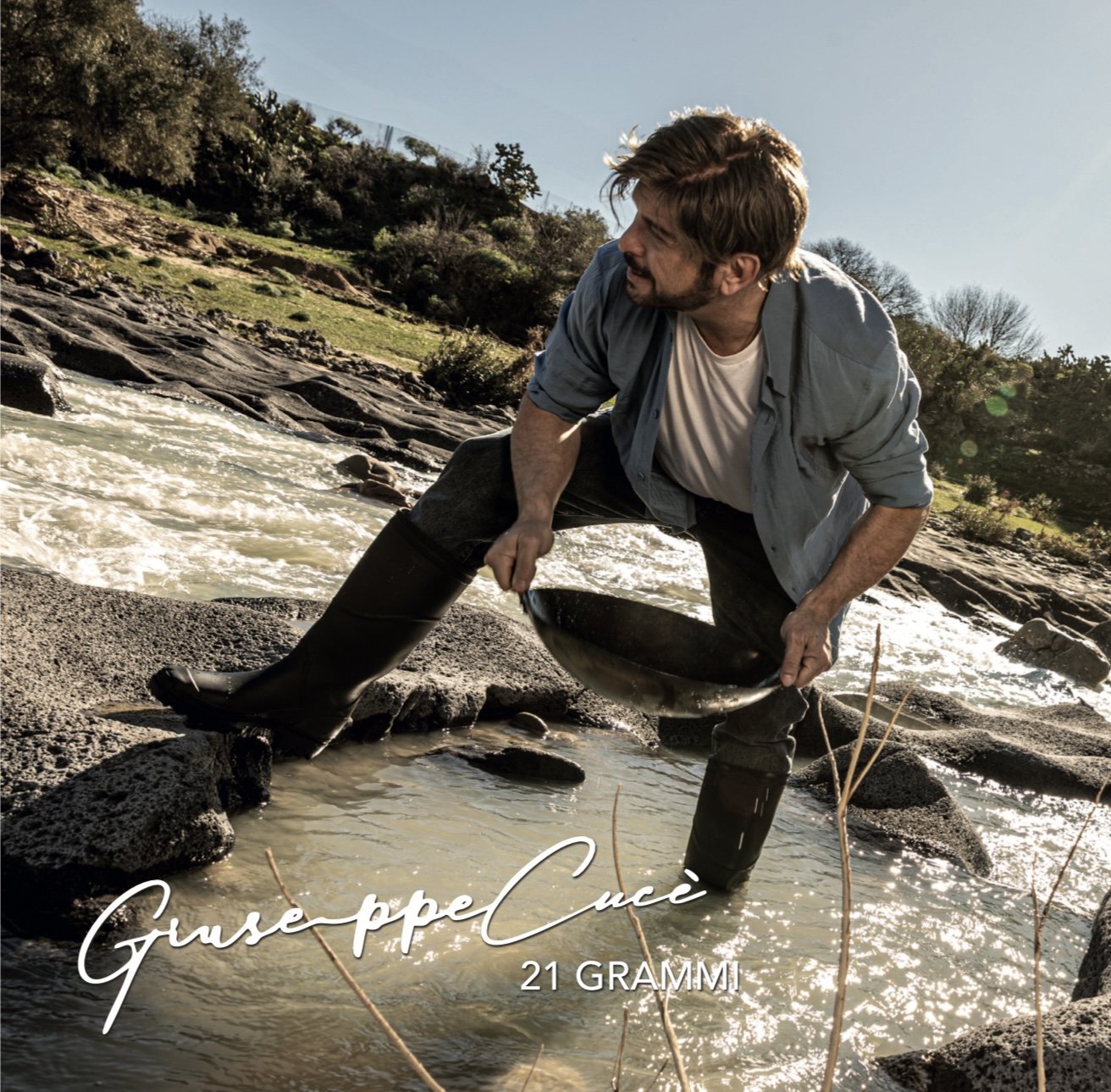Album Review — Guinevere Captures Resilience and Hope in “TO ALL THE LOST SOULS”
A hush of gentle strings and whispered confessions unfurls from the very first song, conjuring a sentient quietude that washes over you like gauzy curtains fluttering in a morning light. “TO ALL THE LOST SOULS,” the latest offering from Italian-born folk-rock auteur Guinevere, radiates an atmosphere of unfiltered honesty. Indeed, it feels as if the artist has flung open the door to a private chamber—one not just filled with sound, but brimming with the poignant residue of personal struggles, communal grievances, and the subtle brushstrokes of newfound hope. The album’s fifteen tracks form a sort of narrative orchestration, interweaving despair and resilience into something sincerely human, as though each note were a keyhole into a world of ruminations, yearnings, and the ache of trying to find one’s place in a world both capricious and unyielding.
What becomes immediately evident is that this project cares little about the safe boundaries of folk-rock tradition. In fact, Guinevere’s aesthetic betrays a cinematic instinct that merges her folk foundations with pop sensibilities and classical nuances, pushing the genre into more elastic, emotive territory. Moreover, her approach to instrumentation—soft acoustic guitars melting into cascading strings, gently percussive rhythms hovering beneath vocal lines that shimmer and quake—transmutes each track into a liminal space where fragile diaries and grand panoramas meet. The result is a sound that does not shy away from vulnerability — instead, it glories in it, exhorting the listener to examine the delicate interplay between the self and the external world.
The album’s sequencing is particularly thoughtful, each piece acting as a chapter in an intimate memoir. In fact, “Little Blue Gin,” opening on a lullaby-like hush, breathes of tenderness and early recollections—warm and melancholic. The next song, “Unravel” emerges as a quiet memorial to a friend’s passing, blending dreamlike imagery with a gentle acoustic pulse. “Wintersick” then steps into bleaker territory, capturing the essence of internal frost and hesitation, while “I Need A Glass Of Water” introduces a more tangible thirst for comfort amid painful emotions.
“Letters From A Body” takes a moment for introspection, wrestling with self-image and corporeal identity, whereas “Everybody Dies” sends a jolt through the record. Here, Guinevere balances irony and acceptance, coming to terms with mortality as a universal condition. A brief reprieve arrives via “A Message,” a tiny capsule of reflective ease, after which “Generational Fear” throws a spotlight on broader social unrest—indeed, it feels like a baton thrown into the crowd, urging communal acknowledgment of shared anxieties. “Rough Skin” continues the inward journey, peeling back layers of insecurity, while the short “Interlude // falling down” is a quiet and melancholic whisper that leads seamlessly into “Sorry,” a song of contrition and gratitude to loved ones who remained steadfast in dark hours.
The twelfth “Restless Fleshes,” co-written with her father, stands out as a pivot point. There is a hard-won maturity evident here; the tune drifts between personal pain and generational malaise, its melodic form a kind of elegy for battered spirits. “The Equilibrist” then follows as a precarious balance act, a track that metaphorically treads a rope between despair and perseverance. Moreover, “Be Like A Spider – She Said” emerges as a powerful beacon of hope, conjured during one of the artist’s darkest intervals. The influence of a dear friend, Claudia, and the evocative Sardinian landscape bleed into the music, granting it a lifeline’s clarity.
Finally, the record culminates with “Per Andrea, Per Sempre,” a voice note that encapsulates the irreplaceable absence of the friend whose death seeded the entire project. In this moment, any lingering sense of abstraction falls away: Guinevere’s narrative crystallizes into something tangible and heartbreaking. The track is both a eulogy and a horizon line, indicating that even the deepest losses contain, buried within them, the seeds of meaning that push us forward.
Throughout the album, Guinevere’s lyrics are vivid yet unforced, constantly weaving personal grief with social commentary. Indeed, listeners find themselves at a crossroads, witnessing the artist’s own transformation from a wounded soul to someone who dares to critique the world’s neglect while simultaneously offering a balm. The lyrics are never didactic but remain profoundly empathetic, positioning personal anguish as a universal condition. In addition, Guinevere’s vocal delivery—tender one moment, fiercely resolute the next—underscores the sincerity and rawness that define this collection.
“TO ALL THE LOST SOULS” does more than just narrate a private struggle; it beckons all who have felt forsaken, unheard, or invisible to recognize themselves in these songs. However, it is not a grim monument to tragedy; it is, rather, a mosaic of resilience—an unwavering hand held out through thick and thin. The album’s critical reception, hailed by tastemakers and resonant with those who champion authenticity, attests to the potency of this gesture. Moreover, Guinevere’s foray from theater, performance art, and fine art into this musical landscape demonstrates that every creative root converges here, forging a poignant union that illuminates life’s darkest hallways.
In the end, “TO ALL THE LOST SOULS” stands as a radiant, compassionate document. It testifies that, yes, this world may bruise us, and we may lose ourselves along the way, but we retain the power to create meaning, extend empathy, and discover redemption in the very act of sharing our stories.



















From time to time, a song feels like a screenshot of bad decisions you haven’t made yet; for Savanna Leigh, “Nothing Yet” is that prophetic snapshot. Built on soft, chiming piano and a mid-tempo alt-pop pulse, the track begins with her raspy voice…